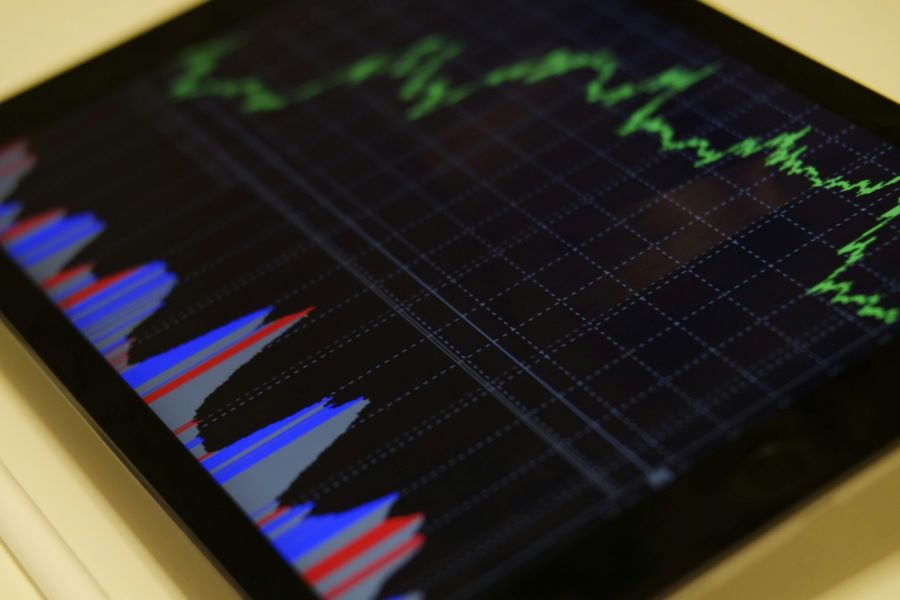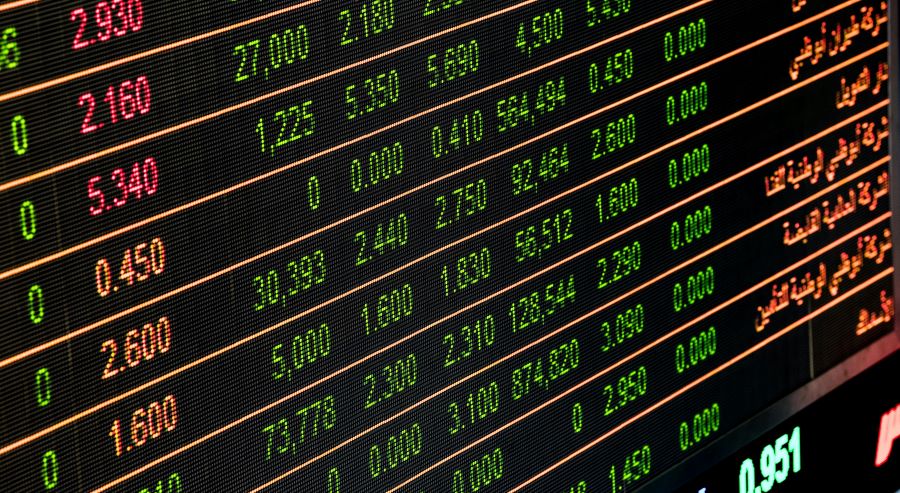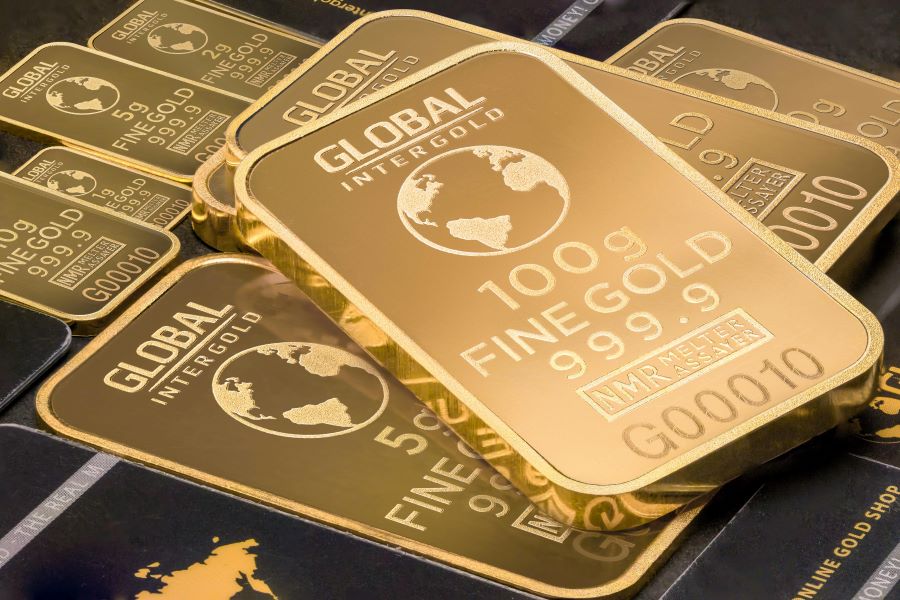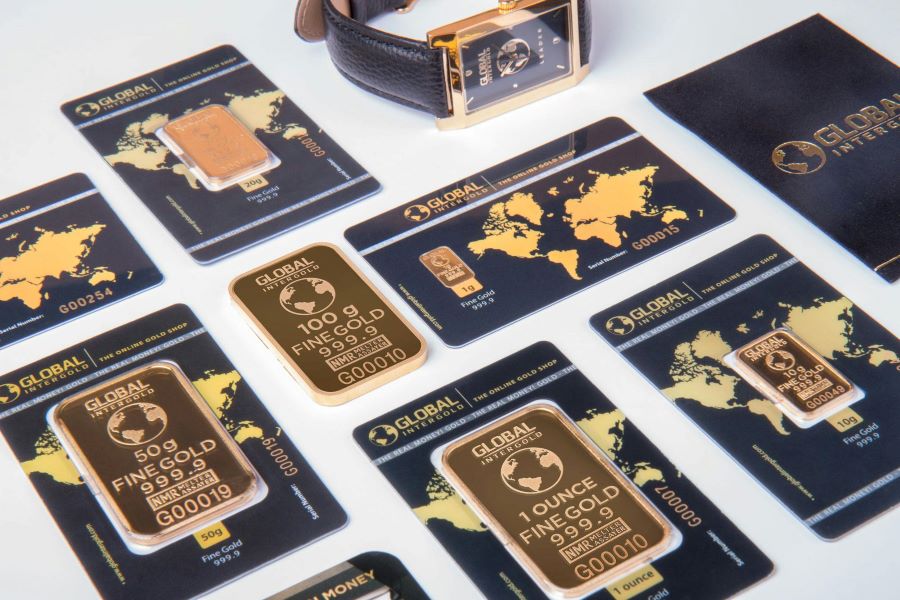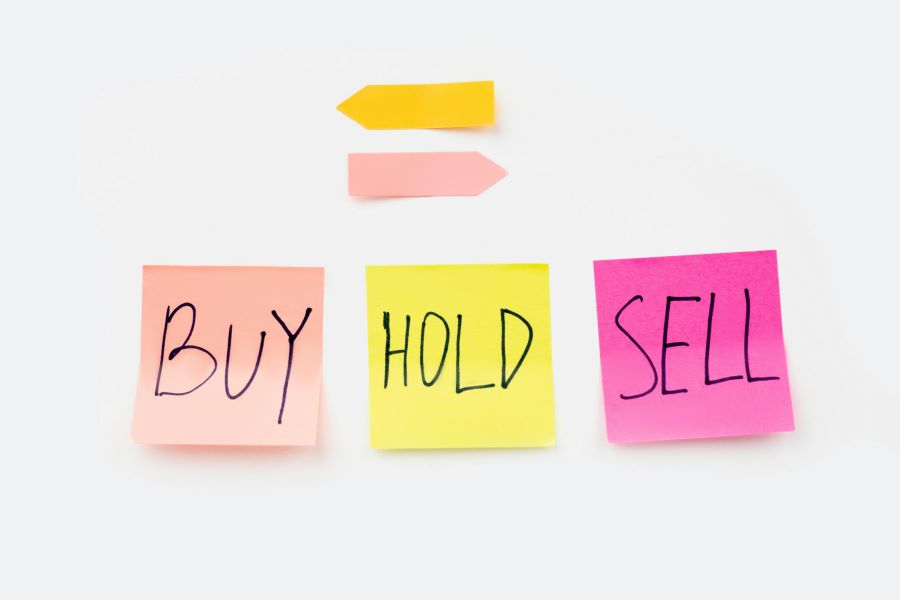Gold has long been a coveted asset, symbolising wealth and security. As a result, the trading of gold has evolved into a sophisticated market, facilitated by gold exchanges. These platforms allow investors to buy and sell gold in various forms, from physical bullion to financial instruments like futures contracts.
This blog will explore the fundamentals of gold exchanges, their operations, and the benefits they offer to investors.
And, if you are looking to exchange gold for a gold loan, then choose Airtel Finance! Get the best gold loan offers today, with the Airtel Thanks app! Your gold will be stored in secure lockers, and the loan will be provided at extremely low interest rates while being eligible for even more people.
Understanding Gold Exchanges
A gold exchange is a marketplace where gold is traded. Unlike traditional retail markets where consumers purchase gold jewellery or coins, gold exchanges cater primarily to investors and traders. These exchanges provide a structured environment where participants can buy and sell gold-related products, ensuring transparency, liquidity, and standardised pricing.
There are two main types of gold exchanges: physical and electronic. Physical gold exchanges involve the buying and selling of tangible gold, such as bars and coins, often stored in secure vaults. Electronic gold exchanges, on the other hand, deal with financial instruments linked to gold, such as futures, options, and exchange-traded funds (ETFs). Both types play a significant role in the global gold market, providing avenues for different investment strategies.
Read more: Gold loan vs. personal loan
How Gold Exchanges Operate
Gold exchanges operate similarly to stock exchanges, offering a centralised platform for trading. The process typically involves several key steps:
- Listing and Standardization: Gold products traded on exchanges must meet specific standards regarding weight, purity, and form. These standards ensure that all gold traded is of consistent quality. For example, gold bars listed on an exchange usually have a minimum purity of 99.5% and standard weights such as 1 kilogram or 400 ounces.
- Price Discovery: One of the primary functions of a gold exchange is price discovery. The prices of gold products are determined through supply and demand dynamics within the exchange. Traders place buy and sell orders, and the exchange matches these orders to facilitate transactions. The resulting prices are published and serve as benchmark prices for the broader gold market.
- Trading Mechanisms: Gold exchanges employ various trading mechanisms to facilitate transactions. These can include open outcry (traditional floor trading), electronic trading platforms, and over-the-counter (OTC) markets. Electronic trading has become increasingly popular due to its efficiency and accessibility, allowing traders worldwide to participate in real-time.
- Settlement and Delivery: After a trade is executed, the settlement process ensures that both parties fulfil their obligations. In physical gold exchanges, this involves the transfer of ownership and, if applicable, the physical delivery of gold. In electronic exchanges, settlement may involve the transfer of financial instruments or cash equivalent to the value of the gold traded.
- Storage and Security: For physical gold exchanges, secure storage is crucial. Gold is typically stored in high-security vaults managed by the exchange or third-party custodians. These facilities ensure the safekeeping of gold and provide auditing and insurance services to protect investors’ assets.
Read more: Tips to get instant personal loan for self-employed
Types of Gold Products Traded
Gold exchanges offer a variety of products catering to different investment preferences:
- Physical Gold: This includes gold bars, coins, and ingots. Investors purchasing physical gold can choose to take delivery or store it in a secure facility. Physical gold is favoured by those seeking a tangible asset and protection against economic instability.
- Gold ETFs: Exchange-traded funds (ETFs) linked to gold provide a way to invest in gold without owning the physical metal. ETFs track the price of gold and are traded on stock exchanges, offering liquidity and ease of access. They are popular among investors looking for exposure to gold without the complexities of storage and security.
- Gold Futures and Options: Futures contracts allow investors to buy or sell gold at a predetermined price on a future date, providing opportunities for speculation and hedging. Options give investors the right, but not the obligation, to buy or sell gold at a specific price within a set timeframe. These financial instruments are suited for sophisticated investors with a deep understanding of market dynamics.
- Gold Mining Stocks: While not traded directly on gold exchanges, stocks of gold mining companies provide indirect exposure to gold. These stocks can be bought and sold on traditional stock exchanges and often move in correlation with gold prices. Investing in gold mining stocks allows investors to benefit from the operational performance of mining companies.
Read more: Instant personal loan hacks you need to know
Benefits of Gold Exchanges
Gold exchanges offer several benefits that make them an attractive option for investors:
- Liquidity: Gold exchanges provide a high level of liquidity, allowing investors to buy and sell gold quickly and efficiently. This liquidity ensures that investors can enter and exit positions with minimal price impact.
- Transparency: Exchanges offer transparent pricing and standardised products, helping investors make informed decisions. The price discovery process on exchanges reflects the real-time supply and demand dynamics, providing accurate market prices.
- Security: For physical gold, exchanges ensure secure storage and robust audit processes, safeguarding investors’ assets. Electronic gold products benefit from the regulatory oversight of exchanges, ensuring fair and orderly trading.
- Accessibility: Modern electronic trading platforms make gold exchanges accessible to a broad range of investors, from institutional traders to individual retail investors. This democratisation of access allows more people to participate in the gold market.
- Diversification: Investing in gold through exchanges offers diversification benefits, reducing portfolio risk. Gold often moves inversely to traditional financial assets, such as stocks and bonds, providing a hedge against market volatility.
FAQs
Q: How do I start trading on a gold exchange?
A: To start trading on a gold exchange, you need to open an account with a broker or trading platform that offers access to gold products. Ensure the broker is reputable and regulated.
Q: What are the costs associated with trading gold on exchanges?
A: Trading gold on exchanges involves costs such as brokerage fees, storage fees (for physical gold), and transaction costs. These fees vary depending on the broker and the type of gold product.
Q: Is trading gold on an exchange risky?
A: Like all investments, trading gold carries risks, including price volatility and market fluctuations. It’s important to understand the market dynamics and consider your risk tolerance before investing.
Q: How does price discovery work on a gold exchange?
A: Price discovery on a gold exchange occurs through the matching of buy and sell orders from traders. The prices at which trades are executed reflect the real-time supply and demand dynamics in the market.
Q: Are gold exchanges regulated?
A: Yes, gold exchanges are typically regulated by financial authorities to ensure fair and transparent trading practices. Regulatory oversight helps protect investors and maintain market integrity.
Gold exchanges play a vital role in the global gold market, offering a structured and secure environment for trading gold products. Whether you are interested in physical gold, ETFs, or futures, understanding how these exchanges operate can help you make informed investment decisions and leverage the benefits of gold as a valuable asset.


 Get App
Get App  Airtel Store
Airtel Store  Login
Login 